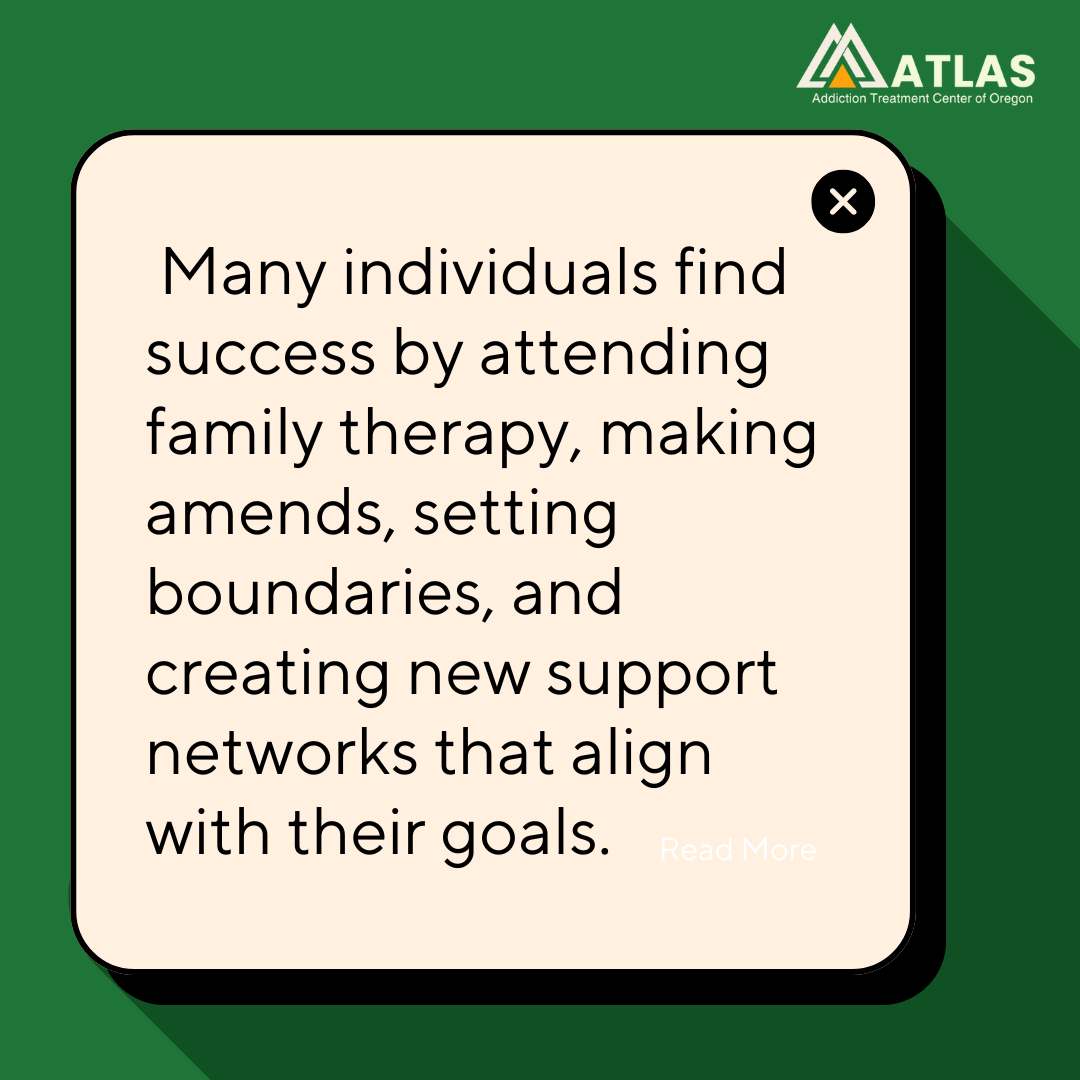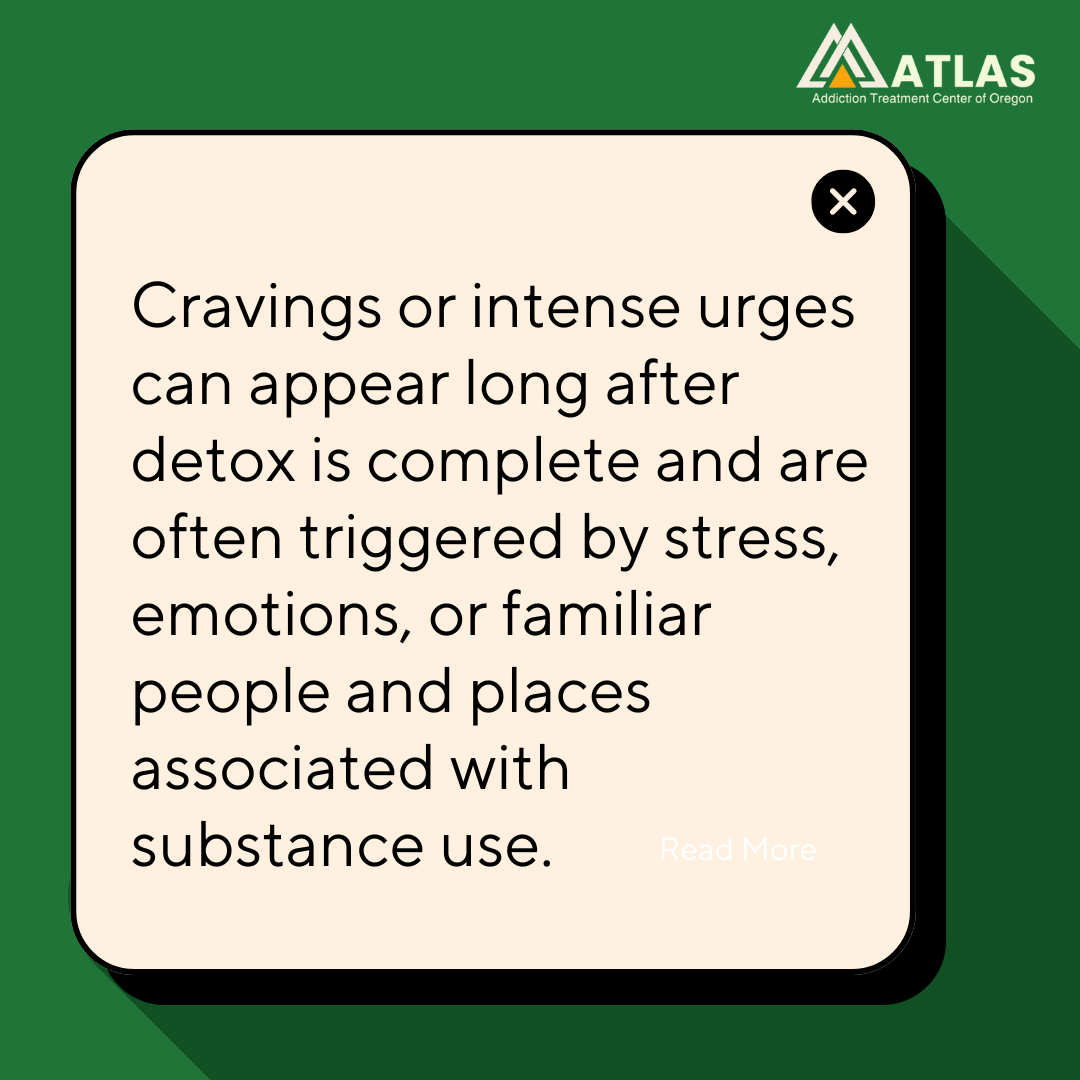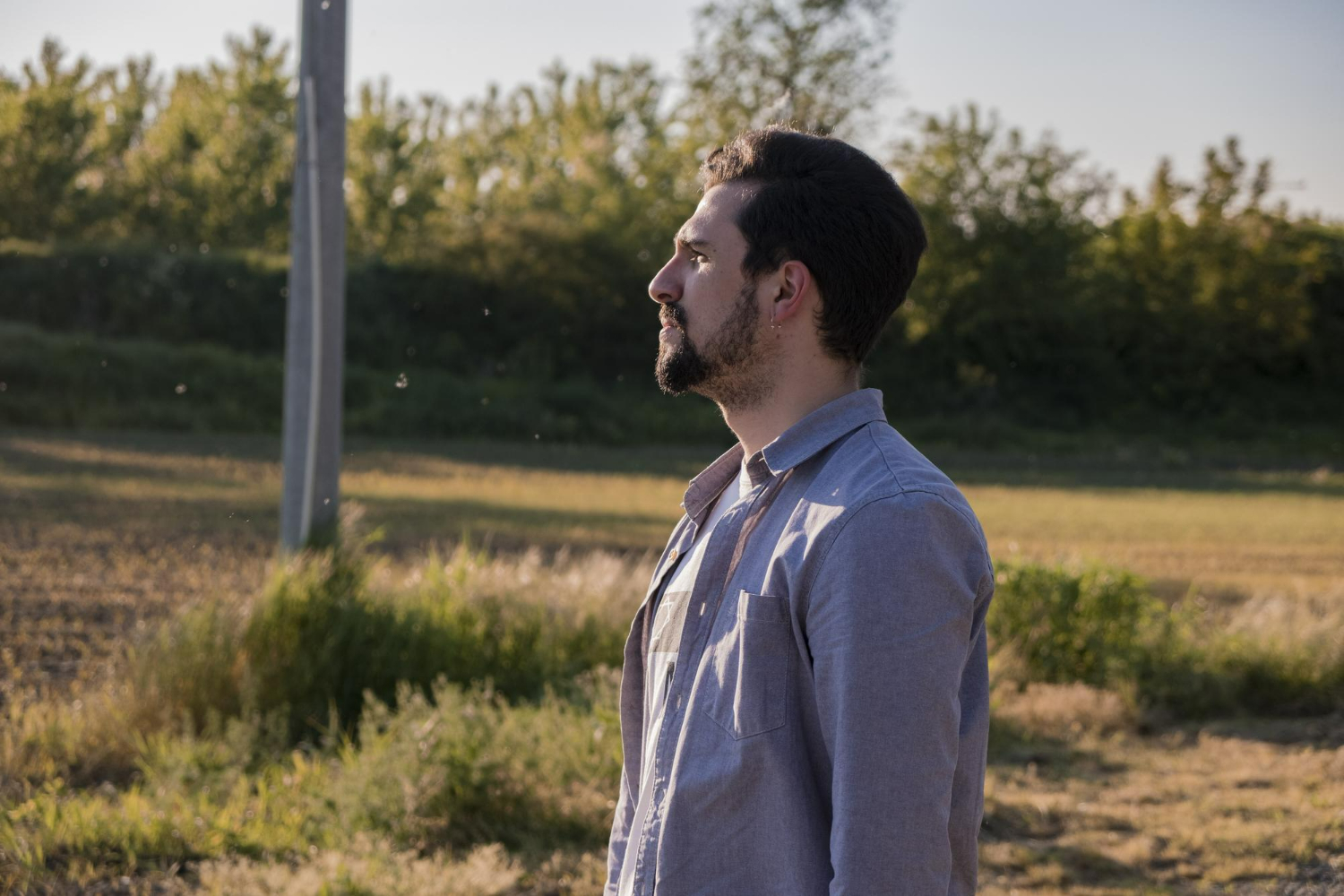
Addiction presents a complex web of physical, psychological, social, and practical hurdles that can undermine recovery efforts from day one. Understanding the challenges faced during addiction empowers individuals to access targeted treatment, supportive therapies, and community resources that improve long-term sobriety.
This article explores five major areas of difficulty: withdrawal and cravings, mental health concerns, social pressure, practical life obstacles, and relapse risks. We also outline effective strategies, medical interventions, and coping tools for navigating each challenge, whether someone is just beginning treatment or working to sustain recovery.

Physical challenges often appear first in the recovery process. When someone stops using drugs or alcohol, the body goes through withdrawal. These symptoms result from changes in the brain’s reward system and can be intense enough to derail recovery before it even begins.
These symptoms often peak within 72 hours and can last several days or weeks depending on the substance. Medical detox is critical for comfort and safety.
In the case of opioids, fentanyl addiction treatment requires even more specialized care. Because fentanyl is a high-potency synthetic opioid, withdrawal can be severe and dangerous. Treatment usually includes:
Cravings are one of the most persistent challenges faced during addiction. These intense urges can appear long after detox is complete and are often triggered by stress, emotions, or familiar people and places associated with substance use.
Managing cravings requires a combination of self-awareness and strategy. Mindfulness techniques, physical activity, support group engagement, and healthy distractions like hobbies or volunteering are all effective in reducing their intensity.

Many individuals in recovery deal with co-occurring mental health conditions such as anxiety, depression, or PTSD. These disorders are often deeply connected to substance use and can fuel the cycle of addiction if left untreated.
Self-doubt also plays a major role in undermining recovery. Many people feel shame or question their ability to succeed, especially after previous relapses. This mindset can lead to isolation and reluctance to seek help.
Integrated treatment is the most effective approach. This means treating mental health and substance use disorders at the same time through:
Recovery doesn’t happen in isolation, and social dynamics can either help or hurt progress. From unsupportive environments to strained family relationships, social challenges can be difficult to navigate.
Rebuilding relationships requires honesty, patience, and consistent follow-through. Many individuals find success by attending family therapy, making amends, setting boundaries, and creating new support networks that align with their goals.
Support networks might include:
Beyond emotional and social stress, there are also everyday obstacles that make early recovery more difficult. These practical challenges faced during addiction recovery can include financial instability, unstructured time, and lack of access to education or employment.
Creating structure is essential. Routines filled with productive or enjoyable tasks help reduce vulnerability to relapse and promote a healthier lifestyle.
Many people benefit from:
Programs like meth addiction treatment in Oregon may provide access to job readiness resources, telehealth support, and outpatient services that accommodate rural or underserved populations.

One of the most powerful tools in recovery is purpose. When individuals have something meaningful to work toward, they are more likely to stay committed to sobriety.
These activities shift focus away from the past and toward a future that feels hopeful and fulfilling. They also reinforce a recovery identity and reduce feelings of emptiness or aimlessness.
Relapse is a common concern in recovery, but it can be managed with planning and ongoing support. Prevention starts by identifying warning signs and knowing how to respond.
A relapse prevention plan should include:
Aftercare is also vital. Continued therapy, group involvement, sober housing, and alumni networks provide the structure and support necessary for long-term success.
Legal-focused programs like the DUII program in Oregon offer structured recovery services that include mandatory education, court-approved counseling, and substance use monitoring. These programs help individuals meet legal requirements while also addressing the root of their addiction.
Coping mechanisms allow people to manage difficult emotions, reduce cravings, and handle stressful situations more effectively.
For those recovering from long-term use of medications like Xanax or Ativan, a structured benzodiazepine addiction treatment plan is especially important. These programs involve gradual tapering, close supervision, and adjunct therapies to support emotional and physical stability.

The many challenges faced during addiction from withdrawal and cravings to mental health struggles and practical setbacks—can be too much. But with the right treatment, support systems, and long-term strategies, recovery is possible and sustainable.
Whether it’s starting fentanyl addiction treatment, enrolling in meth addiction treatment in Oregon, working through a structured benzodiazepine addiction treatment plan, or completing a DUII program in Oregon, help is available.
With purpose, structure, and compassionate care, anyone can begin the journey toward lasting recovery. Call us today at Atlas Treatment Center.

Author
Emmy is a content specialist dedicated to helping brands boost their online presence and reputation through tailored, well-researched copy. With expertise across diverse niches—including mental health—she crafts messages that resonate with target audiences.


.webp)
Don't let addiction define your future. We're ready to support you every step of the way. Reach out to us for a free, confidential assessment.

